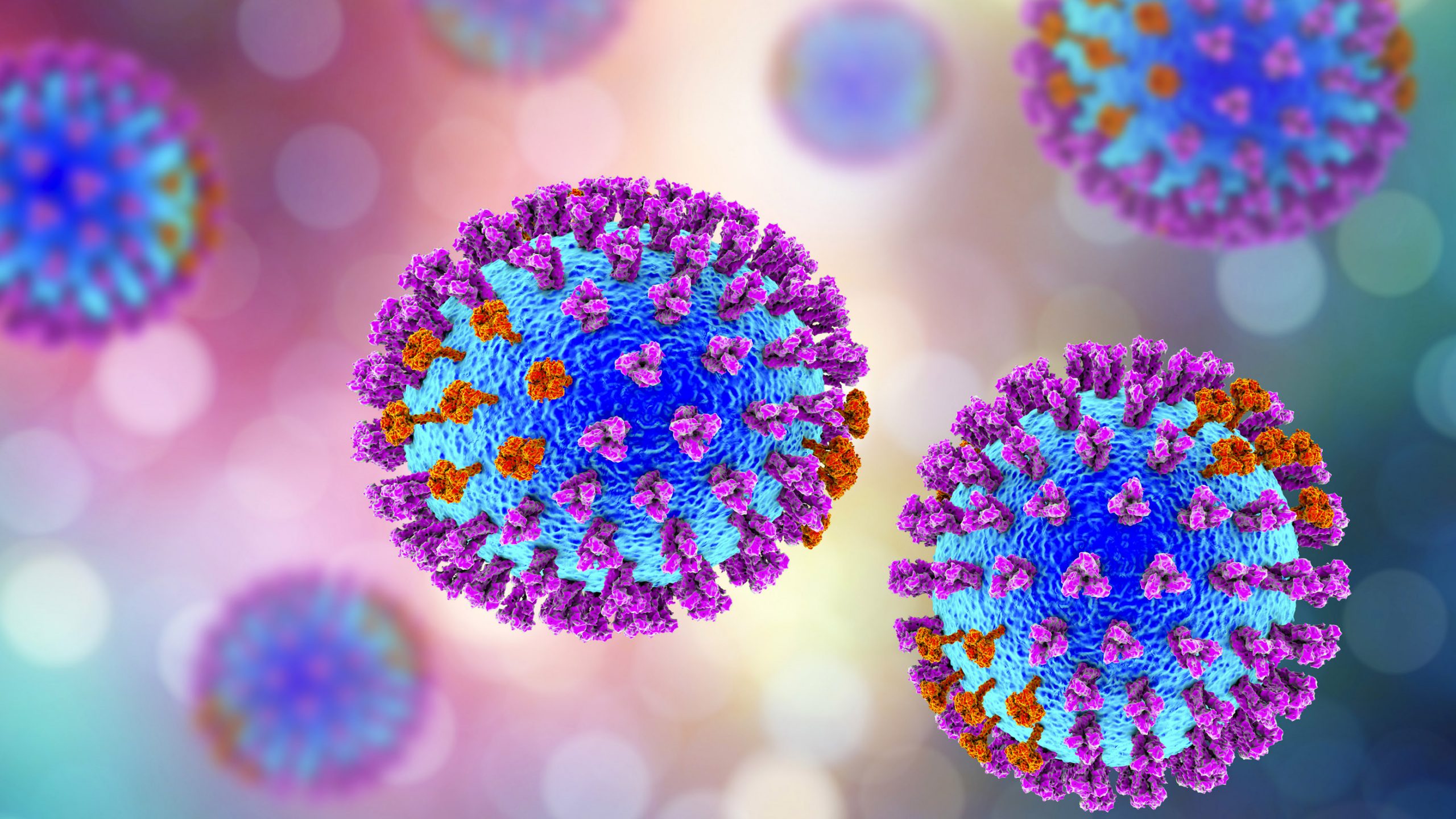
The role of nutrition in infectious diseases can be divided into four groups:
-
Nutrition in connection with the development of infectious diseases, including gastrointestinal diseases and food poisoning (botulism), intestinal diseases such as microbial diarrhea, and systemic infectious diseases (brucellosis and typhoid)
-
Nutrition in infectious patients (restrictions and prohibitions)
-
Treatment of malnutrition as a complication of infectious diseases
-
Nutrition in patients with severe immune deficiency
Before entering into this discussion, first I would like to mention the issue of the body's resistance to food, which may be well known to the general public that if there is enough food, diseases less occur. The effect of food on the development of the human immune system begins in the embryonic period. A woman who gets pregnant should be responsible for feeding her fetus. If the mother receives enough protein, enough vitamins and minerals, including iron, during pregnancy, the baby will grow in adequate way, which is most important in the first trimester of pregnancy.
Nutrition in connection with the development of infectious diseases
Food as an energy source of the body, if it is contaminated by microbes, can be the source of various diseases, especially gastrointestinal diseases and food poisoning. We are exposed to different food poisonings in different seasons. Especially when the weather warms up, we see more intestinal diseases, the most dangerous of which is cholera. Cholera is occurred in many countries of the world, especially Third World countries.
Malta fever (Brucellosis), one of the most important diseases, spreads through contaminated food in Iran. Malta fever is a common disease among humans and animals. Malta fever can spread in sheep, goat, cattle, and other animals such as pigs and dogs. Humans can accidentally contaminated by malta fever during contact with these animals or consuming their contaminated products (mostly food made from unboiled milk; for example, cheese is made from unboiled milk).
Nutrition during suffering from infectious diseases
Tuberculosis is an infectious disease that affects the lungs. For faster recovery in these patients, they must use healthy foods to provide the vitamins and minerals to their bodies.
One of these substances is green leafy vegetables such as spinach, which contains plant iron. Other foods that can have beneficial effects are fruits.
Hepatitis is a viral disease that affects the liver. According to the liver damage during hepatitis, you should use foods that make the liver work better and have no problems for liver function. Eating meat and foods high in fat should be limited during suffering from such diseases; because these foods need more time and energy to be broken down. Also, avoid processed foods such as fast foods and sausages. Also, avoid fried foods that are high in salt or eat them in small amounts.




